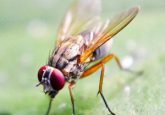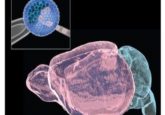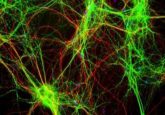Happy hour: hit or miss?
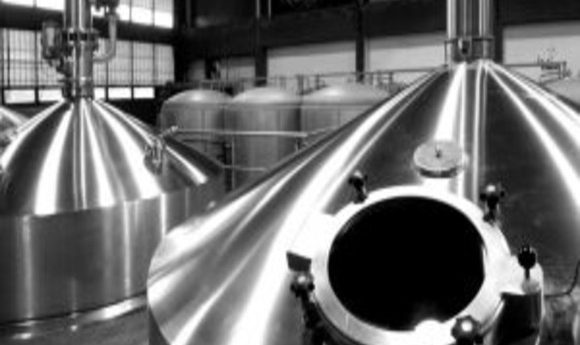
Moderate alcohol use may help you lose weight. New diet fad?
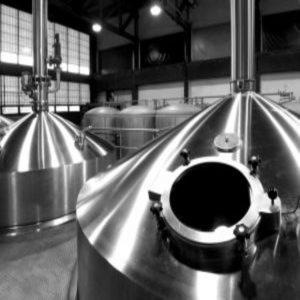
Fermentation tanks for hops in a brewery.
Alcohol has many uses for scientists. It can sterilize instruments, fix tissues, and help extract RNA, to mention a few. Outside the laboratory, alcohol is a miraculous liquid that helps people shed awkwardness in social settings. But it also functions as a central nervous system depressant, and if abused, can lead to a plethora of mental manifestations and physiological abnormalities.
Although research supports some benefits from drinking red wine in preventing heart disease and metabolic disorders, alcohol is rarely thought of as healthy. The benefits associated with wine come from polyphenols, which are anti-oxidants produced by the fermented fruits used in its production. Now a new report by Du Min at Washington State University shows that moderate alcohol consumption induces the metabolic activity of brown fat and prevents diet-induced obesity and metabolic dysfunction.
Over the last several years, many papers have reported on the various good and bad effects of alcohol, but some of these studies relied on quantities of alcohol that are unlikely to correspond with human drinking habits. Min’s team entered the fray to see if they clarify the effects of alcohol on metabolism, since alcohol consumption is often linked to obesity and metabolic disorders. They used a mouse model for moderate alcohol consumption by mixing alcohol into the drinking water for a final concentration of 8% w/v (which is physiologically relevant). The mice drank this solution for up to 4 months, and ate either a normal or high-fat diet. The mice had no problem adjusting to this change in water. “Mice drink the water fine. They like it actually,” commented Min.
The team found that moderate alcohol intake induces the browning of white adipose tissue. Brown fat is metabolically active, and mice that drank alcohol showed elevated body temperatures and lower glucose, triacylglyceride, and free fatty acid levels in serum. The alcohol-fed mice on a high-fat diet weighed less than their counterparts. “We got what we expected; we were quite excited when we saw the results,” said Min.
They next investigated the mechanism behind alcohol induced fat browning and found that alcohol upregulates expression of aldehyde dehydrogenase (ALDH), producing retinoic acid (RA), which is needed for browning fat.
While this study shows how alcohol can benefit metabolism, it conflicts with other reports showing a correlation between alcohol consumption and obesity. “That’s the reason why we specify that we are using a moderate amount. When [alcohol consumption] is very high, it does promote adipogenesis,” Min explained.
